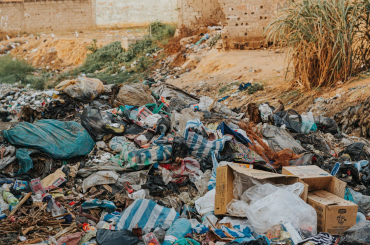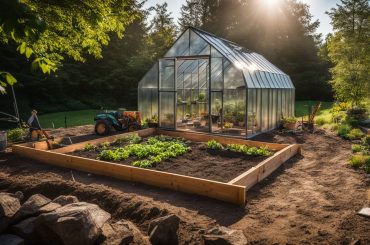Table of Contents
As our planet warms and strains under the pressure of a growing human population, you might be curious what you can do to lessen your carbon footprint. It turns out that there are many ways individuals can make an impact and live a more green, sustainable life. Below, we’ve assembled some of the best green living tips.
Use natural supplements
Believe it or not, you can extend green living to more than just your home. You can make green choices in what you wear, eat, and use on a day-to-day basis. For example, if you’ve been dealing with stress and anxiety, but you’re not ready to make the jump to prescription medication, CBD oil could help. Our CBD choice: https://cbdfx.com/collections/cbd-tincture/.
Pay attention to lighting
Instead of relying on incandescent bulbs to illuminate your home, consider switching to LED bulbs. LEDs are around 90% more efficient than incandescent bulbs. Over time, they can save you serious money on your electric bill.
Avoid fast fashion
Buying fast fashion is a serious environmental crime – whether you want to believe it or not. Not only does fast fashion end up being thrown away faster, it also exploits underpaid or slave labor in other countries. Those low prices come at the cost of human suffering.
Make sure you do you research and buy from ethical companies when possible. Or consider frequenting your favorite thrift store when you can. And when you need to get rid of clothes from your own closet, donate or sell them.
Take advantage of passive solar heating
Passive solar heating is a way to take advantage of the warmth and light that the sun naturally provides. During the day, you should open up curtains to allow sunlight to warm your interior spaces. After the sun goes down, you can close your curtains to trap the heat. This is a great way to save on heating costs during the winter.
Decorate with insulating materials
Rugs, tapestries, and carpet can all help insulate your home. In turn, your HVAC system doesn’t have to work as hard and won’t run as often.

Go vegan
Whether you like it or not, eating animals causes a large environmental strain. The agricultural industry creates massive amounts of waste and pollution. Feeding livestock can destroy land and lead to other environmental issues. Scientists believe that the environmental impact of our food system may increase by 50-90% by 2050. One of the best ways to reduce your carbon impact is focusing on eating vegan and eating local.
Start composting
Composting is incredibly easy and helps reduce food waste. All you need is a place for a compost pile, organic material, and a way to keep the compost moist. After composting, you can use that rich material to grow and feed healthy plants.
Try xeriscaping
Xeriscaping is a type of landscaping that uses no water or very little water. It’s a great way to avoid lawns that contribute to water waste. Need help learning how to start xeriscaping? Here are a few tips:
- Invest in river rock that matches the exterior of your home
- Plant succulents and other hardy plant species that don’t require much water or care
- Add paving stones to act as a walkway to your front door
- Use solar lights to line your walkways
Swap your car for a bike
Although we understand if you hold onto your car for convenience’s sake, using a bike rather than your car for errands and commuting can make a huge impact. Not only will you feel healthier, but you’ll use less gas and reduce your local carbon footprint. If you want a great bike recommendation, consider this model: https://surlybikes.com/bikes/midnight_special.
Living a Greener Life, One Decision at a Time
Although it can be tough to make certain lifestyle changes, remember that you don’t have to make all these changes at once. You can start by reducing your consumption of meat, investing in a bike, and avoiding purchases from fast fashion brands. It can be hard to stay committed to living a greener life, but even your small, individual decisions can help reduce your environmental impact. By being more mindful of how you live your life, you can do your part.





